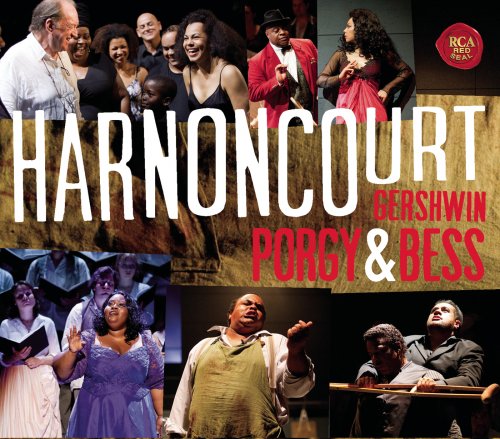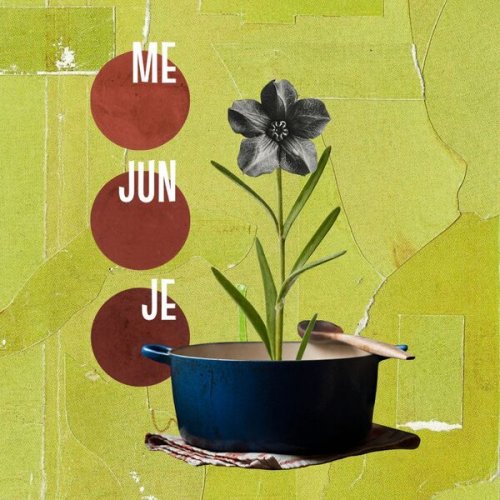Albert King - Live On Memory Lane (1995)
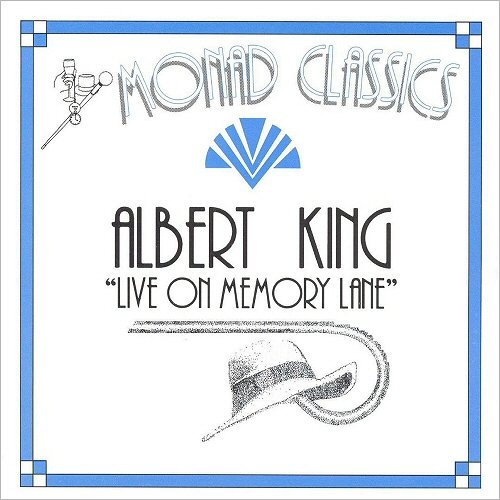
Artist: Albert King
Title: Live On Memory Lane
Year Of Release: 1995
Label: Monad Records
Genre: Electric Blues, Blues Soul
Quality: FLAC (tracks) | MP3 320 kbps
Total Time: 32:05
Total Size: 217 MB | 76 MB
WebSite: Album Preview
Tracklist:Title: Live On Memory Lane
Year Of Release: 1995
Label: Monad Records
Genre: Electric Blues, Blues Soul
Quality: FLAC (tracks) | MP3 320 kbps
Total Time: 32:05
Total Size: 217 MB | 76 MB
WebSite: Album Preview
1. I Walked All Night Long (2:57)
2. This Morning (2:45)
3. Had You Told Me Like It Was (2:04)
4. Don't Throw Your Love On Me So Strong (2:57)
5. Let's Have A Natural Ball (2:52)
6. Travellin' To California (2:43)
7. I've Made Nights By Myself (2:59)
8. Oowee Baby (2:31)
9. Dynaflow (3:46)
10. This Funny Feeling (2:47)
11. Monologue (2:31)
12. I Get Evil (1:08)
The first live recording of Albert King done at a local club St.Louis. Issued under series Monad Classics.
"If you don't dig the blues you got a hole in your soul" sayeth King. Born in Indianola, MS, on April 25 1923. as Albert Nelson. He taught himself how to play guitar when he was a child, building his own instrument out of a cigar box. King moved to Gary, IN, in 1953, where he joined a band that also featured Jimmy Reed but King actually played drums in the group. At this time, he adopted the name Albert King and claimed to be related to B.B. King. Eventually King met Willie Dixon who helped him record for Parrot Records. Five songs were recorded during the session and only one single, "Be On Your Merry Way" / "Bad Luck Blues," was released. In 1956, Albert moved to St. Louis, where he initially sat in with local bands. By 1958, Albert was quite popular in St. Louis, which led to a contract with the fledgling Bobbin Records in the summer of 1959. King's records for Bobbin sold well in the St. Louis area, enough so that King Records leased the "Don't Throw Your Love On Me So Strong" single from the smaller label. When the single was released nationally late in 1961, it became a hit, reaching number 14 on the R&B charts. King Records continued to lease more material from Bobbin -- including a full album, "Big Blues", which was released in 1963 -- but nothing else approached the initial success of "Don't Throw Your Love on Me So Strong." Bobbin also leased material to Chess, which appeared in the late '60s.
Albert King left Bobbin in late 1962 and recorded one session for King Records in the spring of 1963 without a hit. Within a year, he cut four songs for the local St. Louis independent label Coun-Tree. But by 1966 King signed with Stax Records where he finally broke out. With Booker T & The MGs on sessions the soul underpinning gave King crossover appeal, as evidenced by his R&B chart hits -- "Laundromat Blues" (1966) and "Cross Cut Saw" (1967) both went Top 40, while "Born Under a Bad Sign" (1967) charted in the Top 50. Furthermore, King's style was "borrowed" by several rock & roll players, most notably Jimi Hendrix and Eric Clapton, who copied Albert's "Personal Manager" guitar solo on the Cream song, "Strange Brew." Albert King's first album for Stax, 1967's "Born Under A Bad Sign", was a collection of his singles for the label and became one of the most popular and influential blues albums of the late '60s. His star continued to rise with the terrific live record "Live Wire/Blues Power", which remains today one of King's defining moments. "Years Gone By" dropped the following year sounding like every bit the sequel to "Born Under A Bad Sign" it should've been. Yet this was followed by an erratic couple years that included an odd tribute to Elvis Presley ("King Does The King's Things"), a tedious mostly-instrumental collaboration with Pops Staples and Steve Cropper ("Jammed Together") and a stiff LP produced by Don Nix ("Lovejoy"). King rebounded with the masterpiece "I'll Play The Blues For You" featuring members of Booker T & The MGs and the followup "I Wanna Get Funky". R & B chart hits like "I'll Play The Blues For You", "Breaking Up Somebody's Home", "Answer To The Laundromat Blues" & "That's What The Blues Is All About" come from these two records.
King left Stax in 1974 for Tomato Records for the somewhat successful "Truckload Of Lovin", which produced an R & B hit with Sir Mack Rice's "Cadillac Assembly Line". The quality of King's material began declining rapidly during this discofied period and subsequent albums including the Allen Toussaint produced "New Orleans Heat" in 1977 are considered his weakest. Following the 1977 release of "The Pinch", a collection of unreleased material from the Stax vault, King "retired" from the studio for several years, concentrating on his legendary live performances. But the titan was back in the studio in 1983 on the Stax-related label Fantasy for a pair of solid LPs in his classic Soul/Blues style ("San Francisco '83" & "I'm In A Phone Booth Baby") but he seemed to retire from recording again, occasionally guesting on albums like Gary Moore's "Still Called The Blues" before finally getting back in the studio and recording the obscure European effort "Red House" in 1992. King died in that same year. Countless live albums and compilations have naturally appeared since then, further proving he was one of the greatest of the modern electric Blues artists.
"If you don't dig the blues you got a hole in your soul" sayeth King. Born in Indianola, MS, on April 25 1923. as Albert Nelson. He taught himself how to play guitar when he was a child, building his own instrument out of a cigar box. King moved to Gary, IN, in 1953, where he joined a band that also featured Jimmy Reed but King actually played drums in the group. At this time, he adopted the name Albert King and claimed to be related to B.B. King. Eventually King met Willie Dixon who helped him record for Parrot Records. Five songs were recorded during the session and only one single, "Be On Your Merry Way" / "Bad Luck Blues," was released. In 1956, Albert moved to St. Louis, where he initially sat in with local bands. By 1958, Albert was quite popular in St. Louis, which led to a contract with the fledgling Bobbin Records in the summer of 1959. King's records for Bobbin sold well in the St. Louis area, enough so that King Records leased the "Don't Throw Your Love On Me So Strong" single from the smaller label. When the single was released nationally late in 1961, it became a hit, reaching number 14 on the R&B charts. King Records continued to lease more material from Bobbin -- including a full album, "Big Blues", which was released in 1963 -- but nothing else approached the initial success of "Don't Throw Your Love on Me So Strong." Bobbin also leased material to Chess, which appeared in the late '60s.
Albert King left Bobbin in late 1962 and recorded one session for King Records in the spring of 1963 without a hit. Within a year, he cut four songs for the local St. Louis independent label Coun-Tree. But by 1966 King signed with Stax Records where he finally broke out. With Booker T & The MGs on sessions the soul underpinning gave King crossover appeal, as evidenced by his R&B chart hits -- "Laundromat Blues" (1966) and "Cross Cut Saw" (1967) both went Top 40, while "Born Under a Bad Sign" (1967) charted in the Top 50. Furthermore, King's style was "borrowed" by several rock & roll players, most notably Jimi Hendrix and Eric Clapton, who copied Albert's "Personal Manager" guitar solo on the Cream song, "Strange Brew." Albert King's first album for Stax, 1967's "Born Under A Bad Sign", was a collection of his singles for the label and became one of the most popular and influential blues albums of the late '60s. His star continued to rise with the terrific live record "Live Wire/Blues Power", which remains today one of King's defining moments. "Years Gone By" dropped the following year sounding like every bit the sequel to "Born Under A Bad Sign" it should've been. Yet this was followed by an erratic couple years that included an odd tribute to Elvis Presley ("King Does The King's Things"), a tedious mostly-instrumental collaboration with Pops Staples and Steve Cropper ("Jammed Together") and a stiff LP produced by Don Nix ("Lovejoy"). King rebounded with the masterpiece "I'll Play The Blues For You" featuring members of Booker T & The MGs and the followup "I Wanna Get Funky". R & B chart hits like "I'll Play The Blues For You", "Breaking Up Somebody's Home", "Answer To The Laundromat Blues" & "That's What The Blues Is All About" come from these two records.
King left Stax in 1974 for Tomato Records for the somewhat successful "Truckload Of Lovin", which produced an R & B hit with Sir Mack Rice's "Cadillac Assembly Line". The quality of King's material began declining rapidly during this discofied period and subsequent albums including the Allen Toussaint produced "New Orleans Heat" in 1977 are considered his weakest. Following the 1977 release of "The Pinch", a collection of unreleased material from the Stax vault, King "retired" from the studio for several years, concentrating on his legendary live performances. But the titan was back in the studio in 1983 on the Stax-related label Fantasy for a pair of solid LPs in his classic Soul/Blues style ("San Francisco '83" & "I'm In A Phone Booth Baby") but he seemed to retire from recording again, occasionally guesting on albums like Gary Moore's "Still Called The Blues" before finally getting back in the studio and recording the obscure European effort "Red House" in 1992. King died in that same year. Countless live albums and compilations have naturally appeared since then, further proving he was one of the greatest of the modern electric Blues artists.
![Pasquale Cataldi - Maybe (2026) [Hi-Res] Pasquale Cataldi - Maybe (2026) [Hi-Res]](https://www.dibpic.com/uploads/posts/2026-02/1771154794_shtkhljffl929_600.jpg)
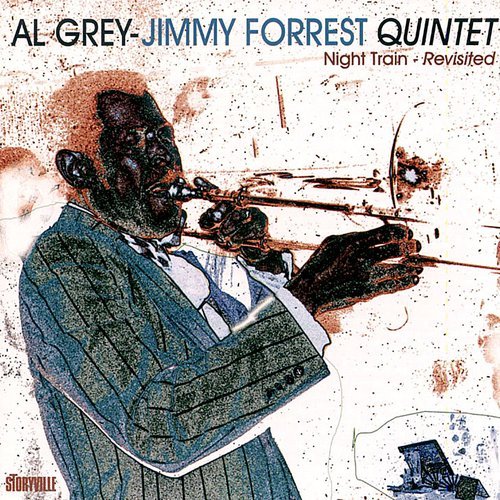
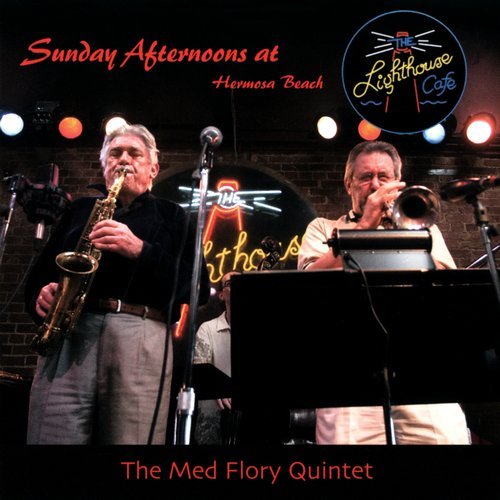
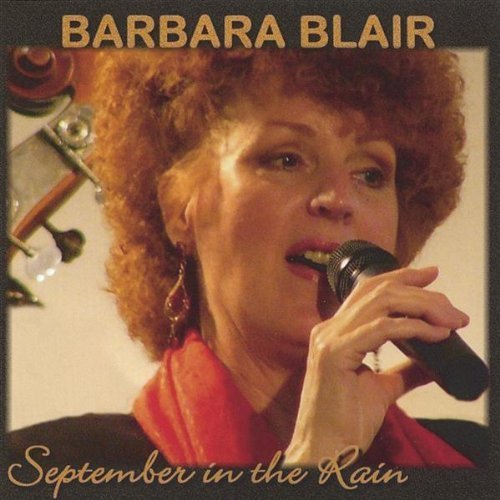
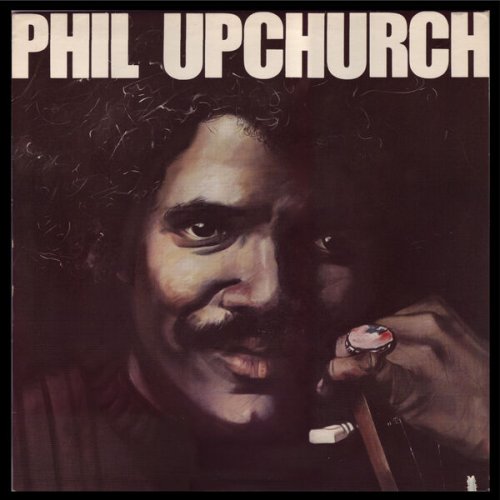
![Jon Henriksson, Pelle von Bülow, Rasmus Holm - Monkurt (2026) [Hi-Res] Jon Henriksson, Pelle von Bülow, Rasmus Holm - Monkurt (2026) [Hi-Res]](https://img.israbox.com/img/2026-02/15/ja2eavgnqk7dn4c3l9myzfk37.jpg)
![Katrine Schmidt - Wearing My Heart On My Sleeve (2026) [Hi-Res] Katrine Schmidt - Wearing My Heart On My Sleeve (2026) [Hi-Res]](https://www.dibpic.com/uploads/posts/2026-02/1771145515_ugcrf0sr2pkvk_600.jpg)
